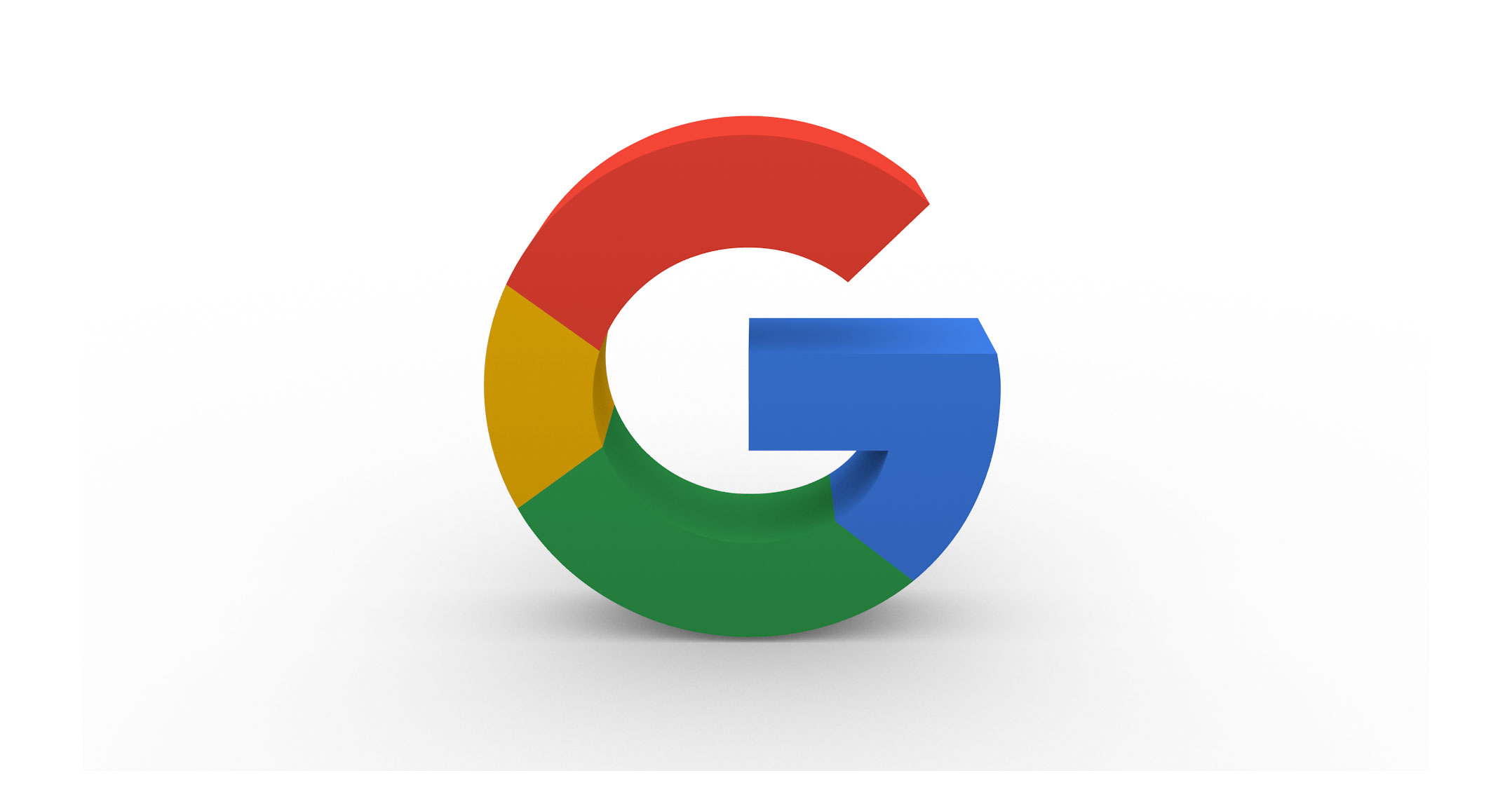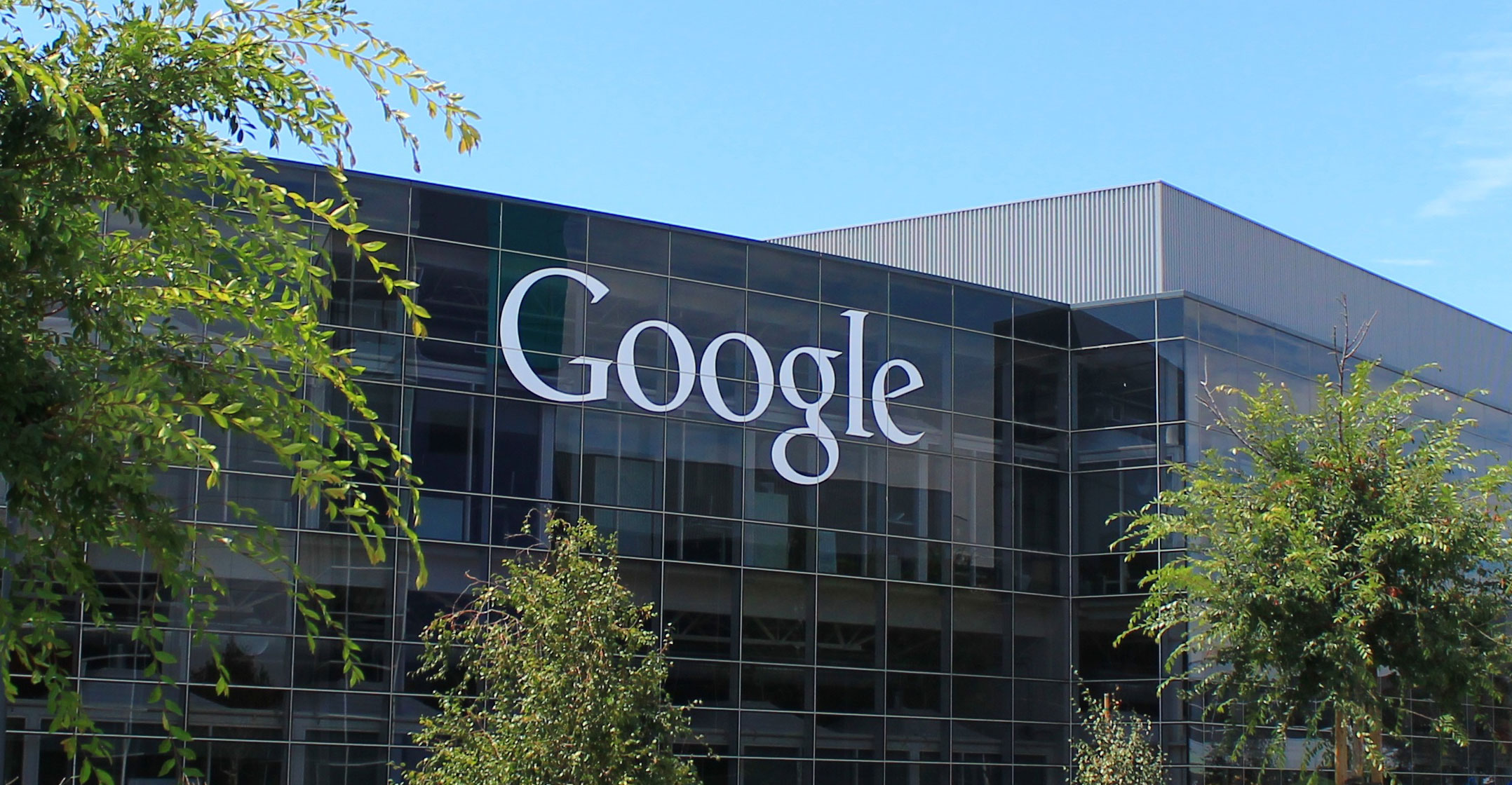
The US government’s antitrust case against Google appears strong, but could face an uphill battle from a business-friendly judiciary that may question whether a free search engine beloved by consumers has actually left them worse off, several legal experts said.
Google was accused in the long-anticipated lawsuit filed on Tuesday of harming competition in Internet search and search advertising through distribution agreements and other restrictions that put its search tool front and centre whenever consumers browsed the Web.
To win, the US department of justice must prove that Google gained or maintained monopoly power through abusive conduct, or something beyond competition on the merits.
Several legal experts said Google’s alleged misconduct appears similar to allegations the government levelled in the 1990s against Microsoft. That landmark case was settled in 2002, and a consent decree required the maker of the Windows operating system to stop retaliating against computer makers that used non-Microsoft software.
Rebecca Haw Allensworth, a professor at Vanderbilt Law School, said the justice department appeared wise to offer credible and narrow arguments in its 59-page complaint. “They are not jumping on the bandwagon of we have to restructure antitrust law for tech,” she said. “They are sticking to the existing law.”
Suits, suits and more suits
Eleven US states joined the government’s lawsuit, and New York attorney-general Letitia James said her state and six others may soon file their own lawsuit.
Experts said the federal government is unlikely to back away from the case, and in fact might press harder, if Democrat Joe Biden wins the presidency over Republican incumbent Donald Trump in the 3 November election.
Google is expected to argue that the government overestimated the company’s power by defining its market too narrowly.
But some experts said Google’s ubiquity makes the case more likely to hinge on whether its dominance stems from consumers preferring it to rivals, or whether the Mountain View, California-based company steered them away from those rivals.

“We know Google has a large share of that market,” said John Lopatka, a law professor at Pennsylvania State University. “The question is why.”
Shubha Ghosh, a law professor at Syracuse University, said the government alleges Google is blocking more consumer-friendly search engines, such as ones that do not collect user data to personalise ads, from gaining popularity. But he said Google could argue simply that its search engine was effective at generating results that consumers want, and was “not meant to be exclusionary”.
Or, as Lopatka put it: “It could say, we were an admired scrappy firm and we did really good work, and that’s why we became as dominant as we are.”
Skyrocketing prices often show that customers have been hurt by anticompetitive behaviour. But Google provides its search services for free, adding to the justice department’s challenges.
“The trend in judicial doctrine in supreme court decisions involving dominant firms has been to give big companies broad freedom to choose business strategies they prefer,” said William Kovacic, a law professor at George Washington University and former chair of the Federal Trade Commission. “If you’re a plaintiff, including a government plaintiff, that’s hard to overcome — not impossible, just very difficult,” he added.
Not easy
Experts said that even if the justice department proved Google was a monopoly and abused its monopoly power, a court might struggle to fashion measures to improve competition in searches.
“Making a search engine isn’t easy,” said Chris Sagers, a law professor at Cleveland State University. “It seems extraordinarily unlikely any other firm is going to challenge Google meaningfully.” — Reported by Jonathan Stempel and Paresh Dave, (c) 2020 Reuters

